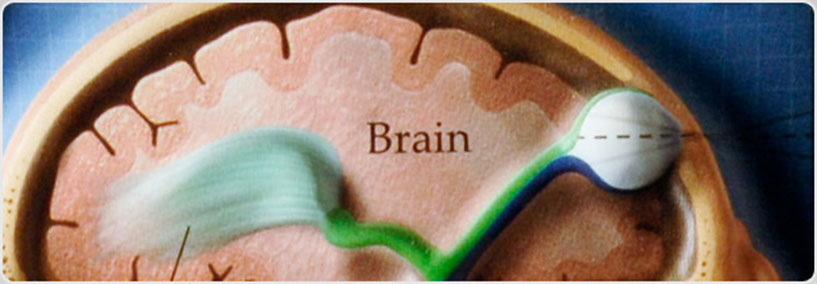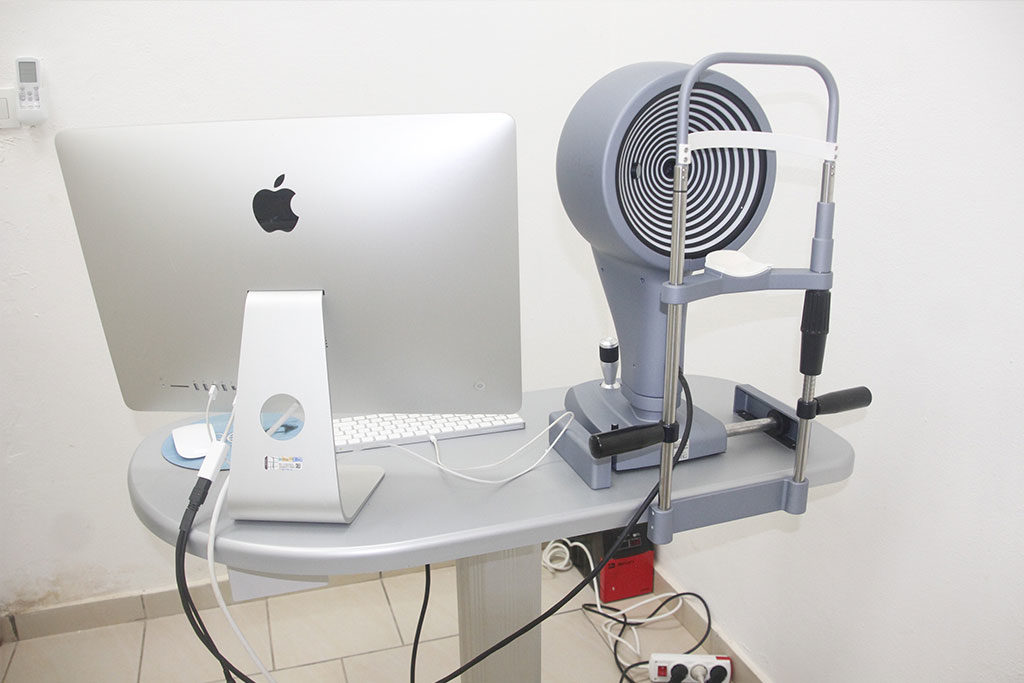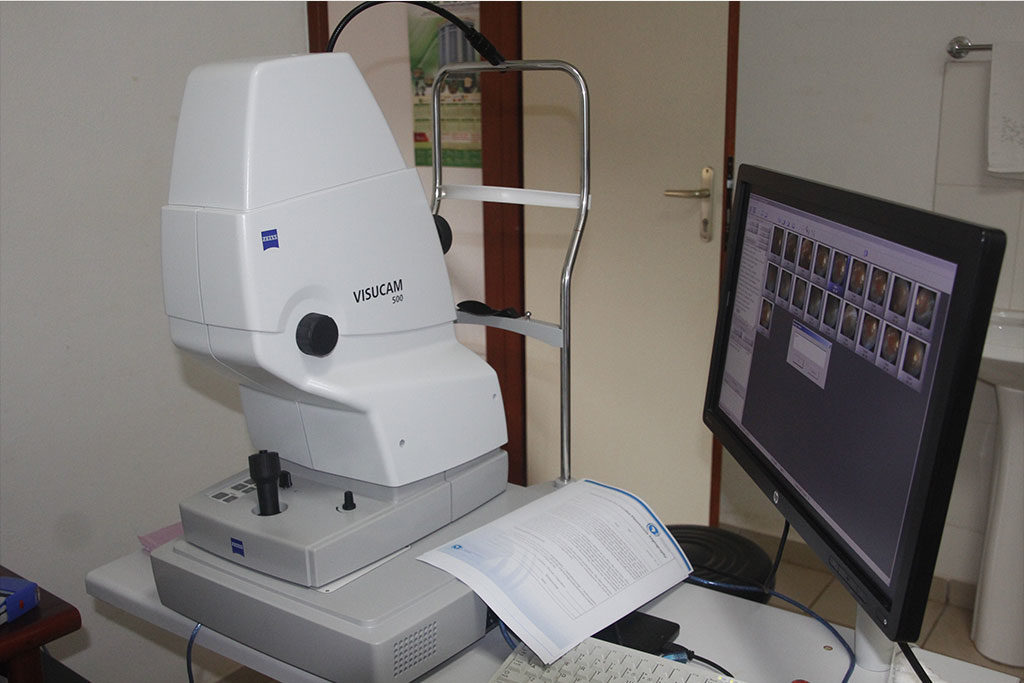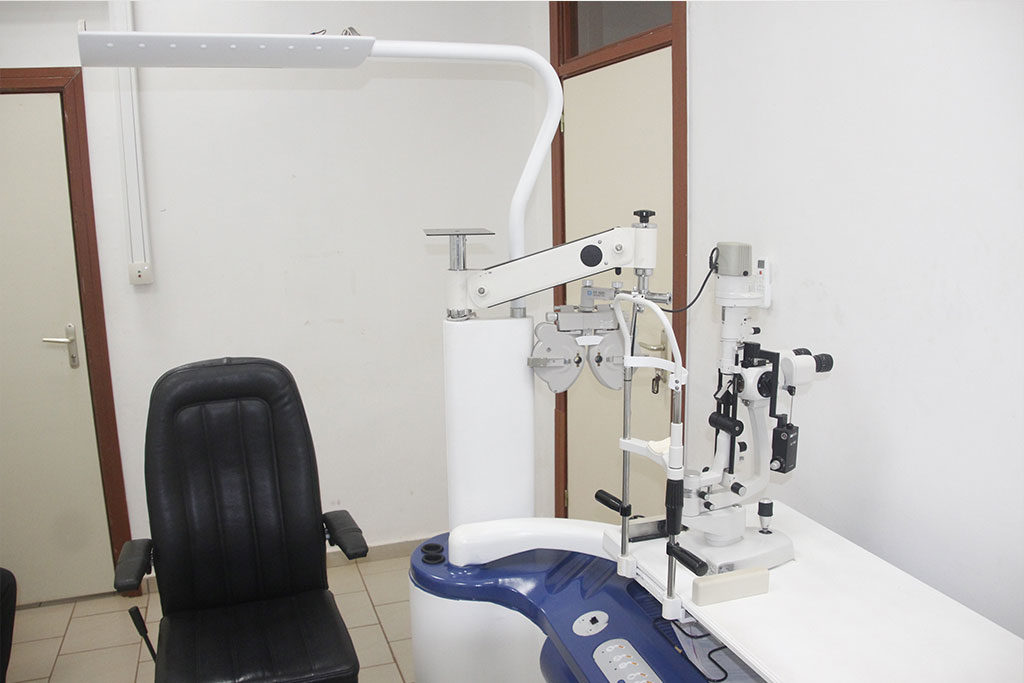Neuro-ophthalmology

Neuro-ophthalmology is a subspecialty of ophthalmology which focuses on disorders involving the eye and the brain. Almost half of the brain is used for vision-related activities including sight and eye movement. Neuro-ophthalmologists diagnose and treat visual problems related to disorders involving the nervous system, that is, visual problems that do not come from the eyes themselves.
Neuro-ophthalmologists complete at least five years of clinical training after medical school. They have unique experience and training in evaluating patients from the neurologic, ophthalmologic and medical standpoint in order to diagnose and treat a wide variety of problems.
Some of the common problems evaluated by neuro-ophthalmologists include: optic nerve disease, unexplained loss of vision, loss of peripheral vision, transient visual loss, double vision, abnormal eye movements, thyroid-related eye disease, unequal pupils, abnormalities of the eyelids and unexplained eye pain.
Common Conditions
Neuro-ophthalmology at Centre for Sight Africa (CSA)
includes treatment of the following conditions:
Anisocoria
Anterior Ischemic Optic Neuropathy (AION)
Benign Essential Blepharospasm (BEB)
Hemifacial Spasm
Microvascular Cranial Nerve Palsy
Migraine
Optic Neuritis
Pseudotumor Cerebri
Thyroid Eye Disease
Medical Evaluation
In preparing for a neuro-ophthalmology Evaluation, please follow these four steps:
Step 1
Request that your treating physicians send all relevant information to the Centre for Sight Africa (CSA) prior to your appointment including office notes, results of laboratory tests and reports of CT and MRI scans.
Step 2
If you had a CT or MRI scan performed, arrange to pick up the actual images on a CD and bring them with you to the Centre for Sight Africa (CSA)
Step 3
Expect your appointment to last three to four hours, as the neuro-ophthalmology evaluation involves an extensive and thorough history as well as a careful examination along with ancillary testing. Your pupils will be dilated. The dilating drops last about four hours and will make things look bright and blurry up close.
Step 4
Bring along a complete list of your medications including the name and dosage of both prescription and over-the-counter medications that you are taking.
Additional Information
For more information about these and other neuro-ophthalmologic disorders, visit:
The North American Neuro-Ophthalmology Society.



